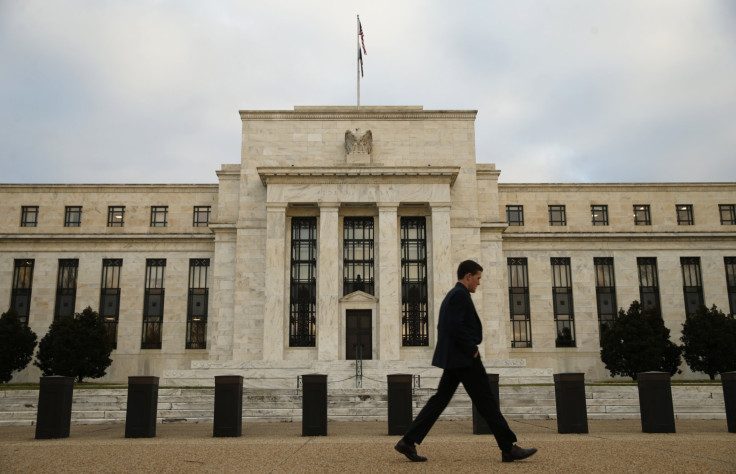Video: Which Countries May Follow The Fed Hiking Rates?

Hot on the heels of the Federal Reserve, Hong Kong's central bank raised interest rates by a quarter point. Are others likely to follow too, or will many go the other way and ease monetary policy? David Pollard reports.
Video Transcript:
The ECB money presses roll on.
Its QE program in top gear - in stark contrast to the US Fed - now bent, it seems, on a full, if 'gradual' hiking cycle.
Hong Kong raised rates within hours of the US hike - but that's because it's pegged to the dollar.
Taiwan went the other way - easing, again, whilst talking of growth concerns, globally.
Like most economists, Jan Randolph of IHS sees the Fed move as a milestone.
"We in Europe and in Japan are still pursuing quantitative easing measures. So in a sense we are on a later cycle .... So there will be that asymmetry if you like in monetary policy across the world still."
It's a clear signal that recession is ending.
But is it?
Brazil was downgraded this week - a clear reminder of the problems of emerging markets.
Now with an extra funding cost on US-denominated debt.
Along with Turkey, Brazil could tighten to rein in strong inflation and bolster a weak currency.
Despite its sliding rouble, Russia's been repeatedly easing.
China too - bringing down its yuan - with the risks of competitive devaluations that that entails.
Mike Ingram, Market Strategist at BCG Partners Mike explains.
"Where you see China engineering a further devaluation then I would imagine that Japan would be one of the first central banks to have to react to that. We know that the ECB is chomping at the bit to get the currency lower.
The Bank of England's seen as wanting to follow in the Fed's footsteps as soon as it can.
As for the Fed itself: analysts say it could follow with another hike of its own in the first-quarter of next year.
© Copyright IBTimes 2025. All rights reserved.





















